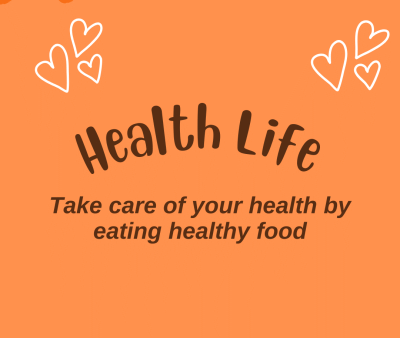Your gut is more than just a digestive organ — it’s deeply connected to your immune system, brain function, and overall health. Understanding gut health is essential for anyone looking to boost their energy, mood, and long-term well-being.
1. What Is Gut Health?
Gut health refers to the balance of bacteria in your gastrointestinal tract.
Key gut health elements:
- Beneficial bacteria (probiotics)
- Gut lining integrity
- Digestive efficiency
2. Why Gut Health Matters
An unhealthy gut can contribute to more than stomach issues.
Health impacts:
- Weakened immune system
- Increased risk of chronic diseases
- Poor mood and mental clarity
- Nutrient absorption problems
3. Signs of an Unhealthy Gut
Knowing the signs helps you act early.
Common symptoms:
- Bloating and gas
- Food intolerances
- Fatigue
- Skin irritation
- Unexplained weight changes
4. Foods That Support Gut Health
Certain foods nourish your microbiome.
Best gut-friendly foods:
- Yogurt and kefir
- Sauerkraut and kimchi
- Garlic and onions
- Bananas and oats
5. The Role of Probiotics and Prebiotics
Both are essential for gut balance.
Probiotics:
- Live bacteria that promote gut health.
- Found in fermented foods.
Prebiotics:
- Non-digestible fibers that feed good bacteria.
- Found in fruits, vegetables, and whole grains.
6. Lifestyle Factors That Affect Gut Health
It’s not just what you eat.
Other factors:
- Stress management
- Regular exercise
- Adequate sleep
- Minimal use of antibiotics
7. How Stress Impacts the Gut
The gut-brain axis is real and powerful.
Effects of stress:
- Alters gut bacteria composition
- Increases inflammation
- Slows digestion
8. Building a Gut-Healthy Lifestyle
Consistency is key.
Tips for daily gut care:
- Eat diverse plant foods.
- Stay hydrated.
- Manage stress actively.
- Prioritize quality sleep.
Final Thoughts
A healthy gut is foundational to overall wellness. By taking care of your digestive system, you’re investing in better energy, immunity, mental clarity, and happiness.








Leave a Reply